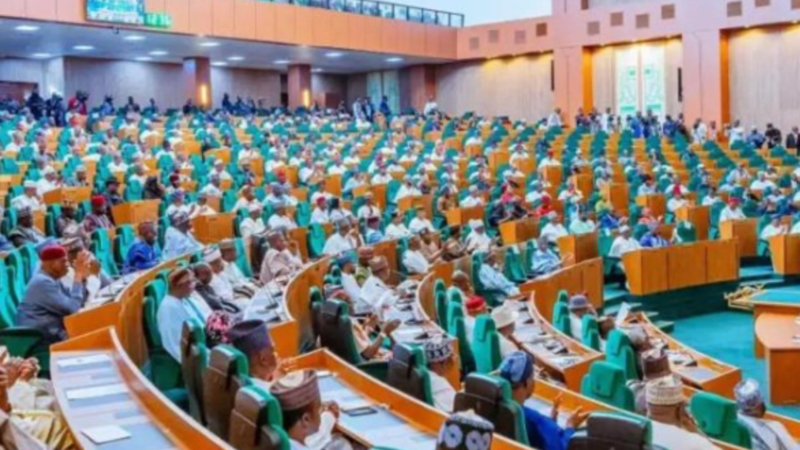The House of Representatives on Wednesday approved President Bola Tinubu’s request to borrow $347 million as part of the 2025–2026 borrowing plan, aimed at boosting infrastructure and telecommunications development across the country.
Speaker Tajudeen Abbas read the President’s letter on the floor of the House during plenary. The loan request includes an additional $47 million for the Lagos-Calabar Coastal Highway project and $300 million for the Nigerian Universal Communications Access Project.
In his correspondence, President Tinubu explained that the Lagos-Calabar road project had seen a cost increase from $700 million to $747 million, necessitating the additional $47 million to align with existing financing arrangements.
“It is necessary to increase the value of the financing for the project by $47 million to ensure it aligns with the loan size agreed upon in the finance documents,” the President stated.
He also noted that $300 million will be channeled into the Universal Communications Access Project, an ambitious telecommunications initiative designed to bridge the digital divide by deploying 7,000 telecom towers to underserved rural communities across the country.
This latest approval raises the proposed borrowing plan for 2025–2026 from $21.54 billion to $21.89 billion. It follows a previous request sent to the National Assembly in May, which sought approval for external loans totaling $21.54 billion, €2.19 billion, ¥15 billion, and a €65 million grant.
Presenting the committee’s report, Chairman of the House Committee on Aids, Loans, and Debt Management, Hon. Abubakar Nalaraba, emphasized that Nigeria’s debt profile remains within safe limits. He noted that the country’s debt-to-GDP ratio, currently at about 50 percent, is below the international threshold of 56 percent.
“The current administration has reduced the debt service-to-revenue ratio from over 90 percent to less than 70 percent,” Nalaraba said. “This, coupled with expected revenue growth from the Nigerian Tax Act 2025, projected to rise by over 18 percent from 2026, strengthens our ability to service the new debt.”
Deputy Speaker Benjamin Kalu presided over the latter part of the session and gave the final approval for the loan request.
(Punch)


